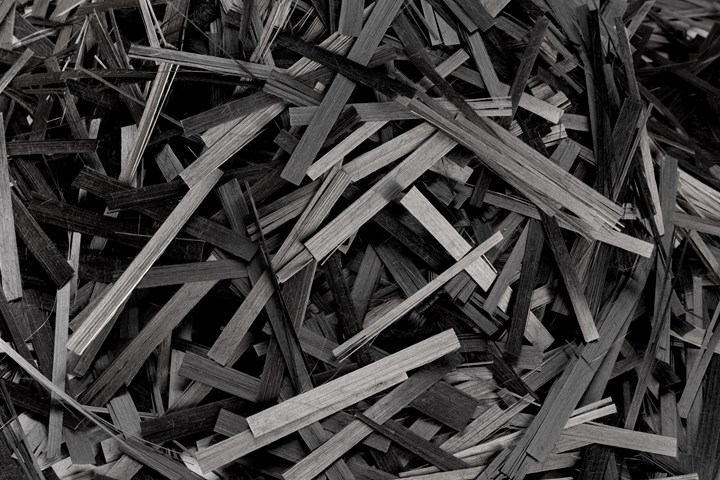€34 million Series A advances Fairmat composite materials recycling goals
The company’s plans for the funds include accelerating the deployment of its robotized industrial capabilities to recycle carbon fiber, expanding internationally and entering new verticals with its sustainability solutions.
Fairmat (Paris, France), a sustainable deep-tech startup driving forward advanced composites materials recycling, has completed its Series A funding round at a total of €34 million — what Fairmat says is one of the largest Series A rounds for a deep-tech startup in both France and Europe as a whole in 2022. The new investment brings Fairmat’s total funding so far to €44 million after a seed round in September 2021.
The oversubscribed financing operation was co-led by Singapore investment company Temasek and the Belgian group Compagnie Nationale à Portefeuille (CNP/Groupe Frère), with participation from a group of investors including original seed funding VC Singular (Paris, France), wealth and asset managers, Pictet Group (Geneva, Switzerland) and The Friedkin Group International (London, U.K.), the investment arm of an American consortium of automotive, hospitality, entertainment, sports and adventure companies. Prominent business angels like Danone CEO Antoine de Saint-Affrique, other CEOs and founders of successful tech startups also joined in this round, as well as Phiture, a 100% non-profit tech investment fund launched by Raise Sherpas.
“Recycling advanced materials like carbon fiber composites is one of the strongest actions we can take to accelerate the decarbonization of the manufacturing sector,” Ben Saada, Fairmat CEO, declares. “We are thrilled to see our vision of a next generation of materials come to life as we are accelerating our production and expanding our international development.”
In the two years since its founding, Fairmat says it has made progress. This includes securing more than 35% of European scrap supply, generating commercial interest for its products, opening its first factory and building a team in line with its aspirations (for more information, take a look at “Fairmat reaches agreements with Siemens Gamesa, Duqueine, Tarmac Aerosave to recycle composites” and “Fairmat to recycle 30% of industry’s carbon fiber waste in Europe one year after inception”).
The company will use the funds to accelerate the deployment of its robotized industrial capabilities, including the ramp-up of its newly inaugurated automated sorting plant, which will host more than a hundred robots and be able to handle up to 3,500 metric tons of composites scrap per year (see “Fairmat inaugurates Bouguenais carbon fiber recycling facility”). Additionally, the company will be expanding internationally into new markets, starting with the U.S. in 2023 and Spain and Germany, soon after. As part of this expansion, Fairmat also expects to grow its global team from 80 in 2022 to 400 people by 2025, seeking to recruit the best talent in robotics and data science.
Entering new verticals is also part of the plan, as Fairmat looks to leverage its Materials business unit for greater sustainability impact in sectors as large as consumer electronic goods, mobility, sports and leisure.
Fairmat reports that its solution is coherent with current environmental priorities (lifecycle analysis achievements, ESG roadmap and certification objectives).
Related Content
-
Microwave heating for more sustainable carbon fiber
Skeptics say it won’t work — Osaka-based Microwave Chemical Co. says it already has — and continues to advance its simulation-based technology to slash energy use and emissions in manufacturing.
-
CirculinQ: Glass fiber, recycled plastic turn paving into climate solutions
Durable, modular paving system from recycled composite filters, collects, infiltrates stormwater to reduce flooding and recharge local aquifers.
-
ASCEND program update: Designing next-gen, high-rate auto and aerospace composites
GKN Aerospace, McLaren Automotive and U.K.-based partners share goals and progress aiming at high-rate, Industry 4.0-enabled, sustainable materials and processes.
















